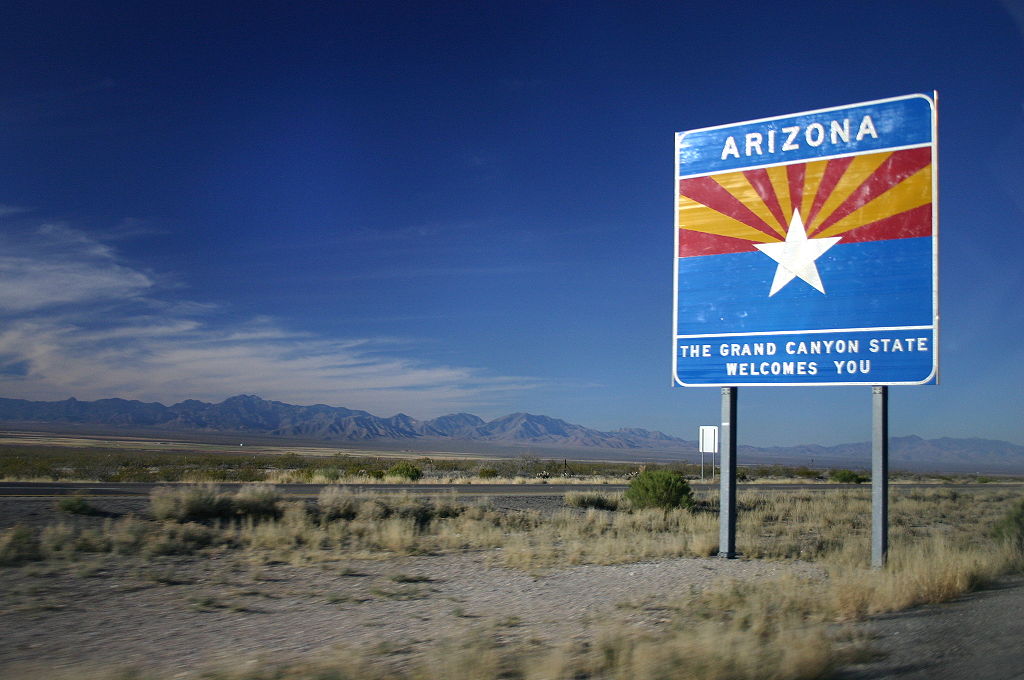Caisse de dépôt et placement du Québec, Canada’s second-largest pension fund, recently reached an agreement to finance, execute and own the province’s new public transit projects.
Moody’s views the deal as a credit negative for the pension fund.
From Chief Investment Officer:
Rating agency Moody’s has outlined concerns it has over a C$4 billion (US$3.2 billion) public infrastructure deal signed by one of Canada’s provincial pension funds.
[…]
“Although the province is responsible for identifying projects of public interest and has the right to select projects on the basis of optimal solutions provided by the Caisse, the Caisse will be responsible for the execution of the selected projects,” Moody’s said in its latest credit outlook.
Moody’s clarified that the Caisse itself was not rated by its analysts, but the company created to carry out the projects—CDP Financial Inc—currently held an Aaa stable assessment from the agency.
The C$4 billion project is viewed as credit negative by Moody’s.
“The province could participate as an equity partner in projects, but will not have voting rights,” Moody’s said. “As a result, the pension fund will have greater exposure to operational and reputational risks associated with the performance of public infrastructure projects, risks that would have otherwise rested with the provincial government.”
The Caisse de dépôt et placement du Québec manages $214 billion in assets.
Photo by Claire Brownlow via Flickr CC License

